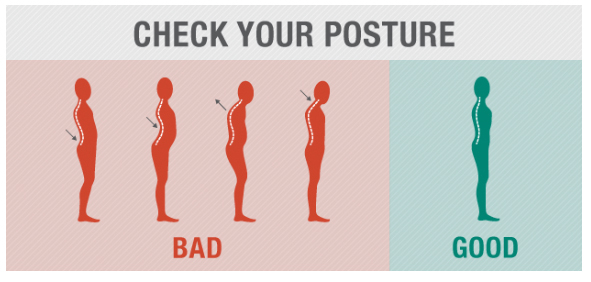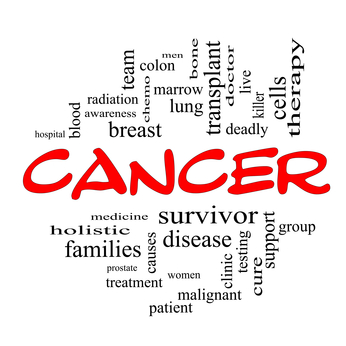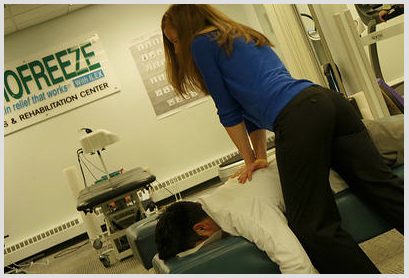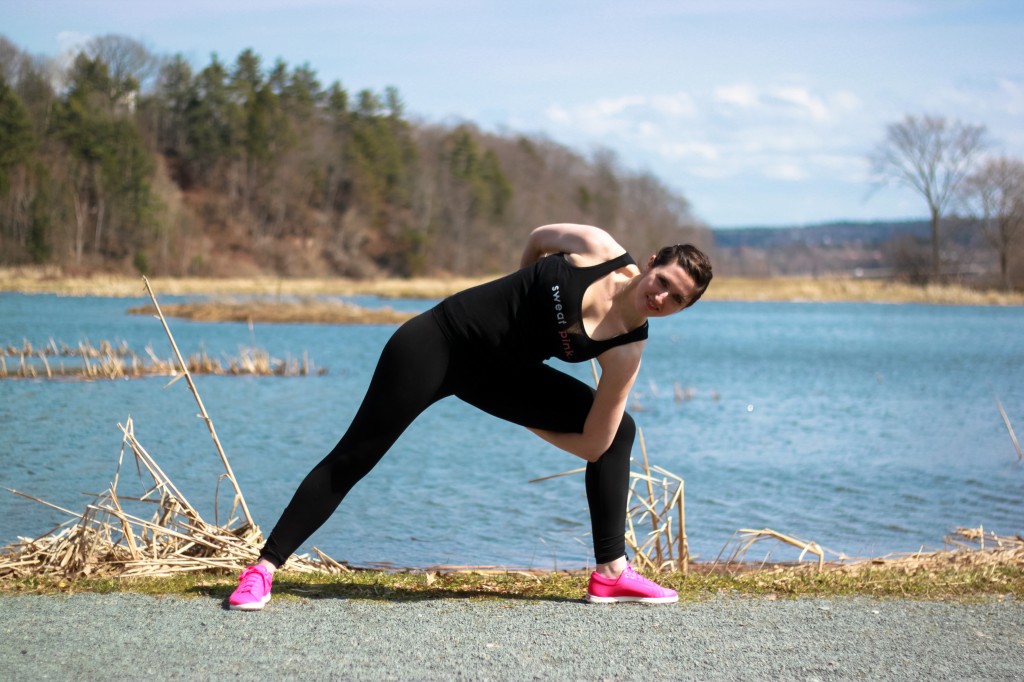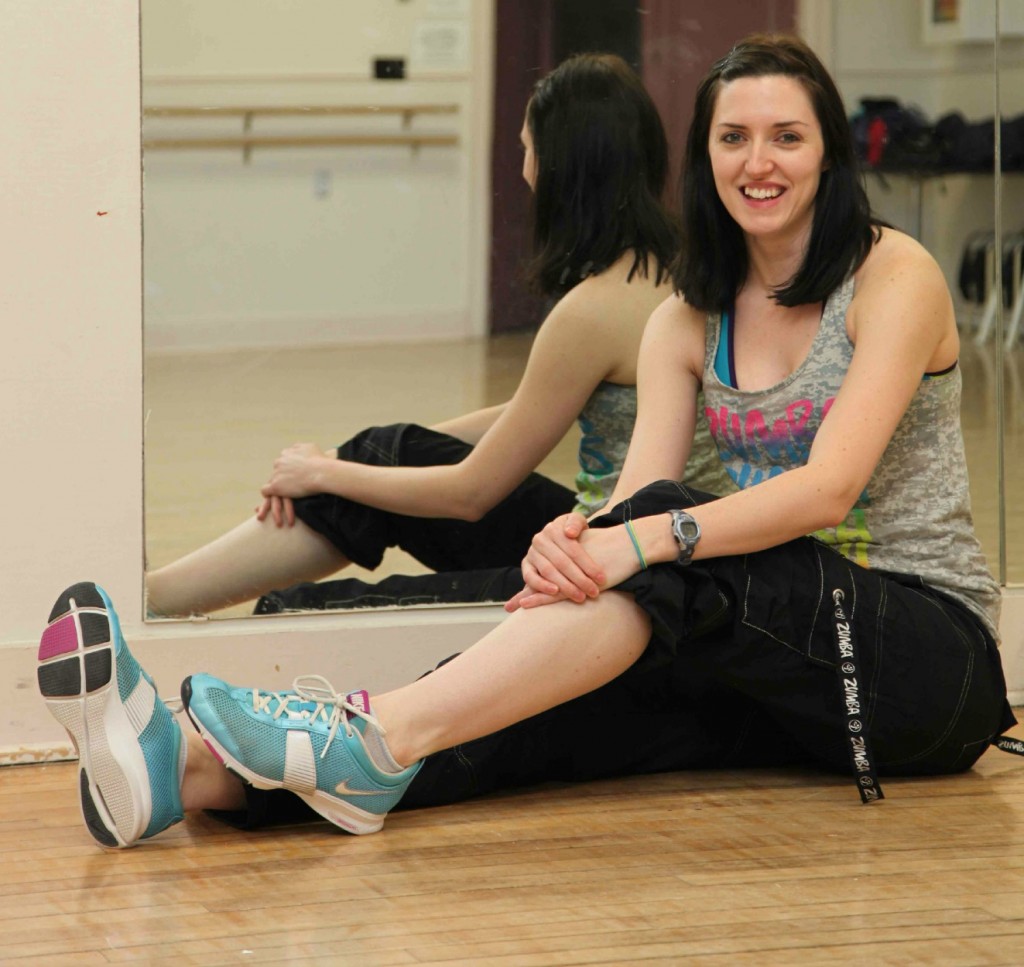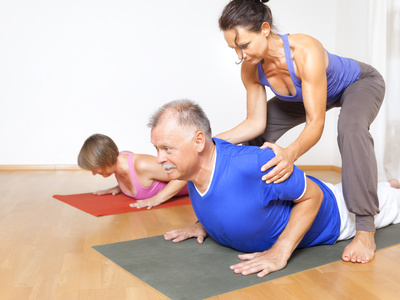How Do I Know If This Is Good For Me? Advice From an Enlightened Chronic Pain Sufferer
One of the most significant lessons I learned on my path toward overcoming chronic pain was making the distinction between discomfort and pain. Quite often, discomfort precedes and might even be necessary to improve soft tissue conditions. This is something I really wish I had understood and embraced early in the development of my chronic pain disorder.



